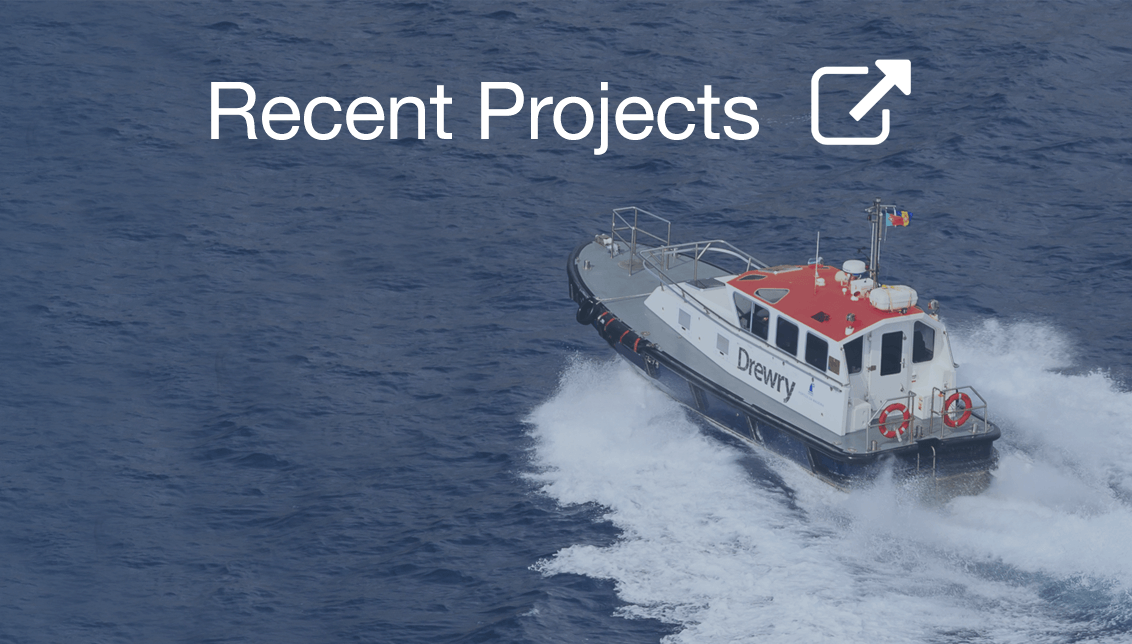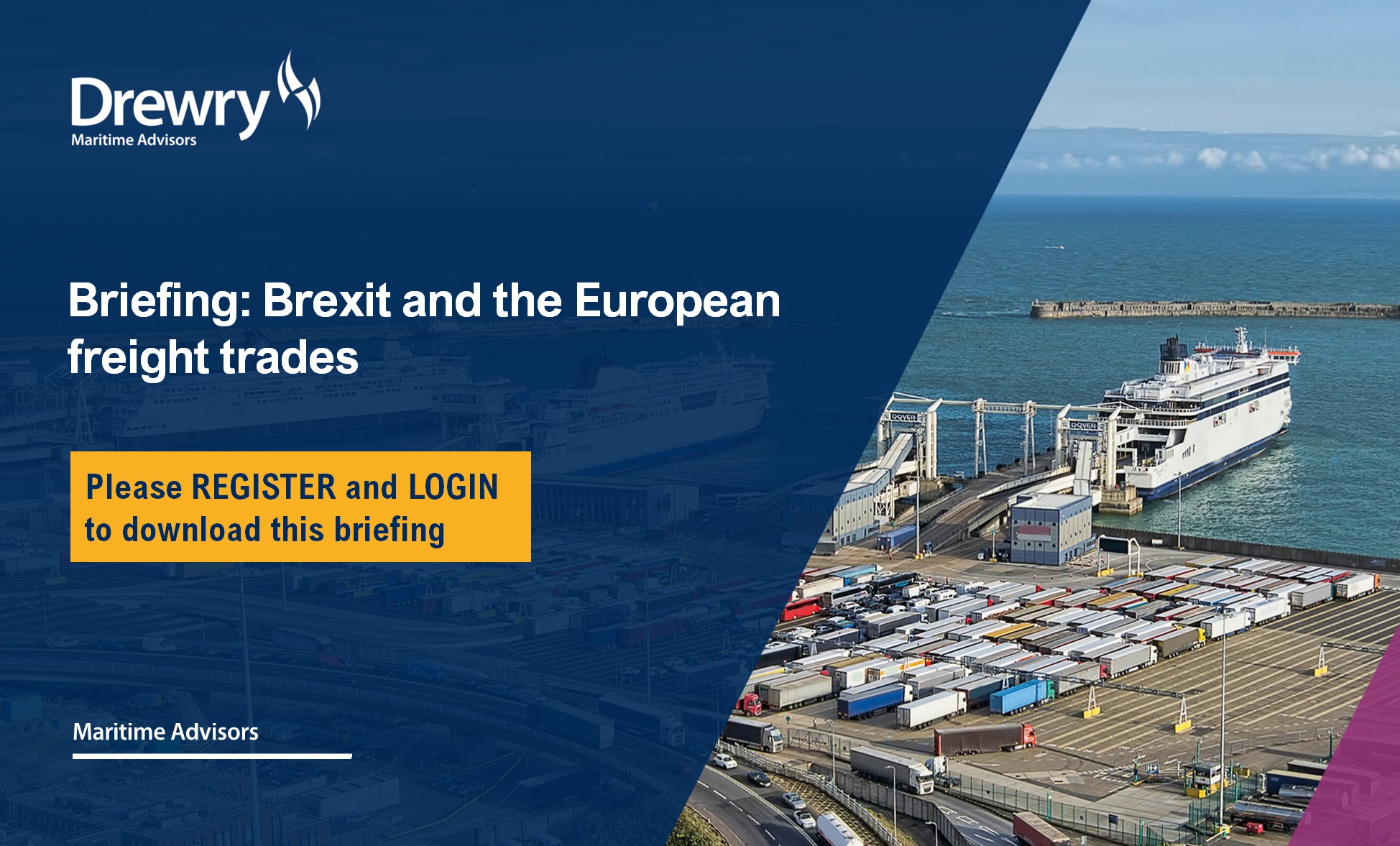Browse Products by Sector
Container ShippingContainer Equipment Assets
Ports and Terminals
Dry Bulk Shipping
Tanker Shipping
Gas Shipping
Specialised Shipping
Multimodal Transport
Logistics Management
Ship Operations and Management
Other popular areas
Browse subscriptions by Sector
Container ShippingPorts and Terminals
Dry Bulk Shipping
LPG Shipping
LNG Shipping
Crude Tanker Shipping
Product Tanker Shipping
Financial Advisory
Valuations
Drewry Financial Research Services Ltd is authorised by the UK Financial Conduct Authority (FCA).
News & Events
Drewry study concludes Port of Dover has the resilience to cope with moderate Brexit disruption
London, UK, 27 February 2019 – The Port of Dover has the resilience to cope with moderate disruption arising from Brexit and there is latent short sea capacity to absorb significant overflow at the port in the event of capacity constraints, according to an independent study by global shipping consultancy Drewry.
Among the political arguments about Brexit and its consequences, there has been a surprising lack of objective and quantitative analysis of the implications for the future of the vital short sea trade between the UK and the EU, particularly for the key port of Dover, and how traffic might be routed in future if Dover faced capacity constraints.
Drewry sought to fill this information gap by carrying out an assessment of the capacity of the port, looking at its key elements and undertaking sensitivity analysis to determine under what circumstances they could become bottlenecks. The study also looked at the availability of alternative routes for freight traffic.
“Handling half of all the freight traffic moved to and from EU, Dover is by far the UK’s largest RoRo port,” said Tim Power, head of Drewry Maritime Advisors. “Given its importance, we were keen to assess the potential effects of Brexit on Dover capacity.”
The Drewry study concluded the following:
- Dover port capacity: Dover has the Border Control, check-in, embarkation area and berth capacity to cope with existing demand with some margin and could cope with a 50% increase in process times in key areas, although traffic peaks (a characteristic of the cross Channel RoRo trade) would need to be managed;
- Alternative routes and modes: If Dover were capacity constrained following Brexit, some cargo that did not require high frequency short transit services could be accommodated on unaccompanied trailer and short sea container services; supply chains would need to be redesigned. Studies carried out for the Port of Dover suggest that not more than 20% of existing traffic would be suitable for re-routing;
- New customs processes: New Customs processes are designed to keep traffic flowing through Dover but have not been widely tested. If they work successfully, the new processes will avoid Customs becoming a bottleneck;
- Check-in: Dover Port throughput capacity would be constrained in the event of a doubling of check-in time from the present 2 minute to 4 minutes;
- Vessel capacity: Vessel capacity is highly utilised; any significant delay to vessels, for example a doubling of port time in France, would lead to a reduction in service frequency and cause a bottleneck.
A copy of the study findings is available to download from the Drewry website at www.drewry.co.uk/white-papers
Source: Drewry Maritime Advisors
© Copyright 2024 | Drewry Shipping Consultants Limited. All Rights Reserved. Website Terms of Use | Privacy Policy




